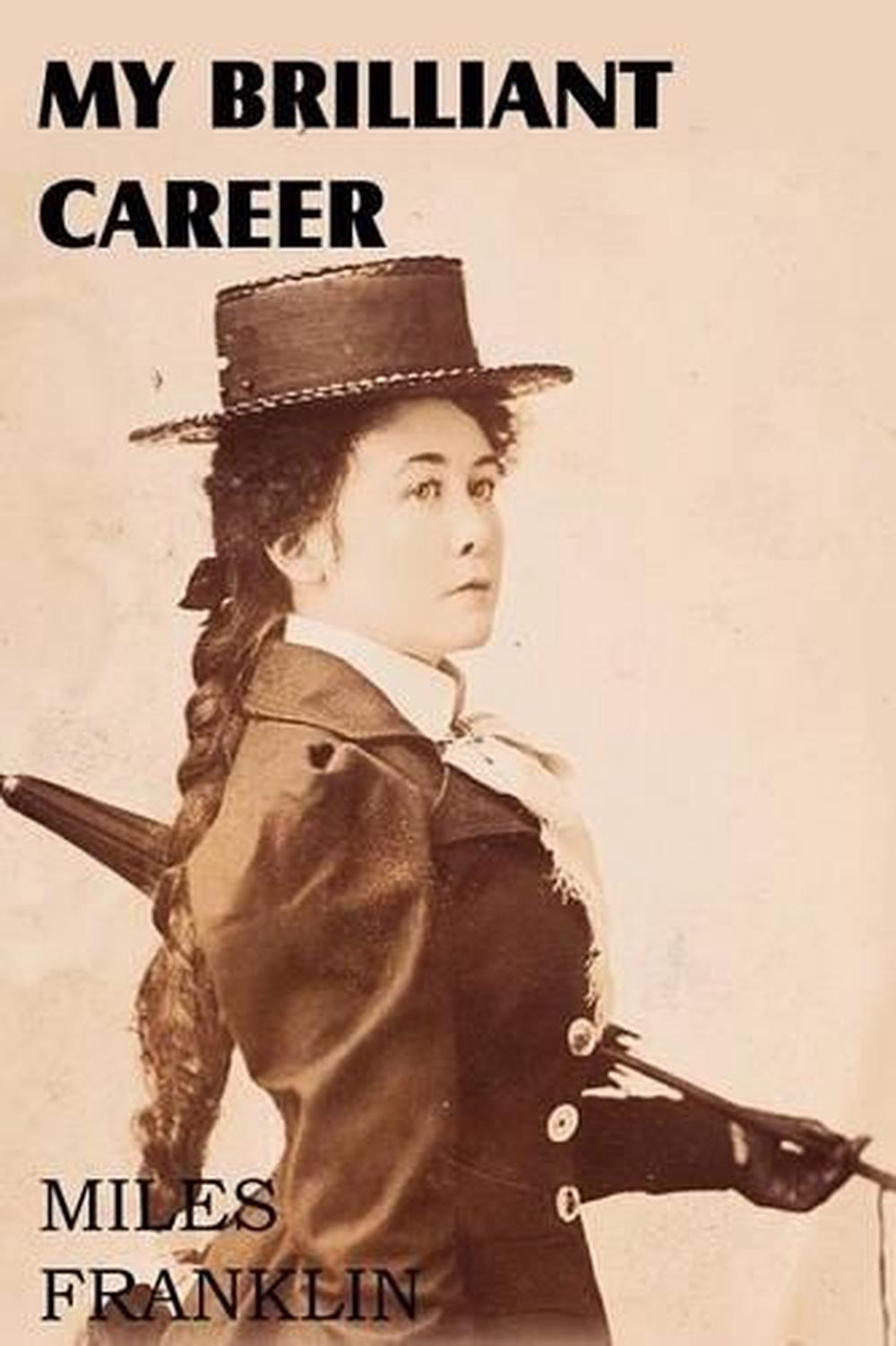
"There's a reading of My Brilliant Career as a period piece that allows us to acknowledge the work that all these generations of women have done to allow me, for example, to be writing this play today for Belvoir. She lists the obvious: women can now vote, a career and marriage are not mutually exclusive, there's contraception and childbirth is no longer always a life-threatening endeavour. Over a fattoush salad, and a mixture of hot and cold finger food including golden fried cauliflower, a selection of dips and sambousik cheese, I ask Feaver what has changed for Australian women since Franklin wrote her story. Today it is regarded as "the first Australian novel" and has not been out of print since 1966.

It was never to be reprinted in her lifetime and when she died in 1954, she left instructions in her will that it was not to be reprinted until 10 years after her death. Here, his sincerity glows.Packages of dusty old second-hand editions from all over the world started lining up on her London doorstep, like suitors wanting to court Sybylla Melvyn, the lead character of the book Franklin wrote as a teen in the late 1890s.Įven though My Brilliant Career received glowing reviews and was reprinted six times in three years, in 1910 Franklin instructed Blackwood to cease publication. Wilks is at his best, though, when he’s keeping things simple, singing Roud ballads such as Erin, Sad Erin or another one of his originals, Greek Street, about teenage love and Swedish packing beds, against gentle accompaniments. Will Watch has slowed-down folk-rock chops, while The Old Miner suggests slight tremors of a motorik groove in its synthesised handclaps. Lofty Tall Ship and The Boatswain show off Wilks’s fingerpicking, bubbling away like warm water, as his broad accent loops around tales of brave boys and frolicsome wives. These 12 tracks (several with backing vocals and arrangements from Jackie Oates) are a lively mix. A mood of tender, thoughtful curiosity beds in. Then it widens its eyes, remembering early mornings in Nagasaki (where Wilks once worked as a Time Out editor), Jeddah, Porto and Singapore.

Opener Tape Machine, one of three originals, starts on a note of jolting earnestness (“At the age of just 22 / I discovered my calling”) recalling the opening couplet of Simon and Garfunkel’s Leaves That Are Green, later referenced by Billy Bragg for A New England. Recorded after a serious illness left him recovering at home for three months in 2021, Before I Knew sees Wilks travelling beyond the Spaghetti Junction.


 0 kommentar(er)
0 kommentar(er)
